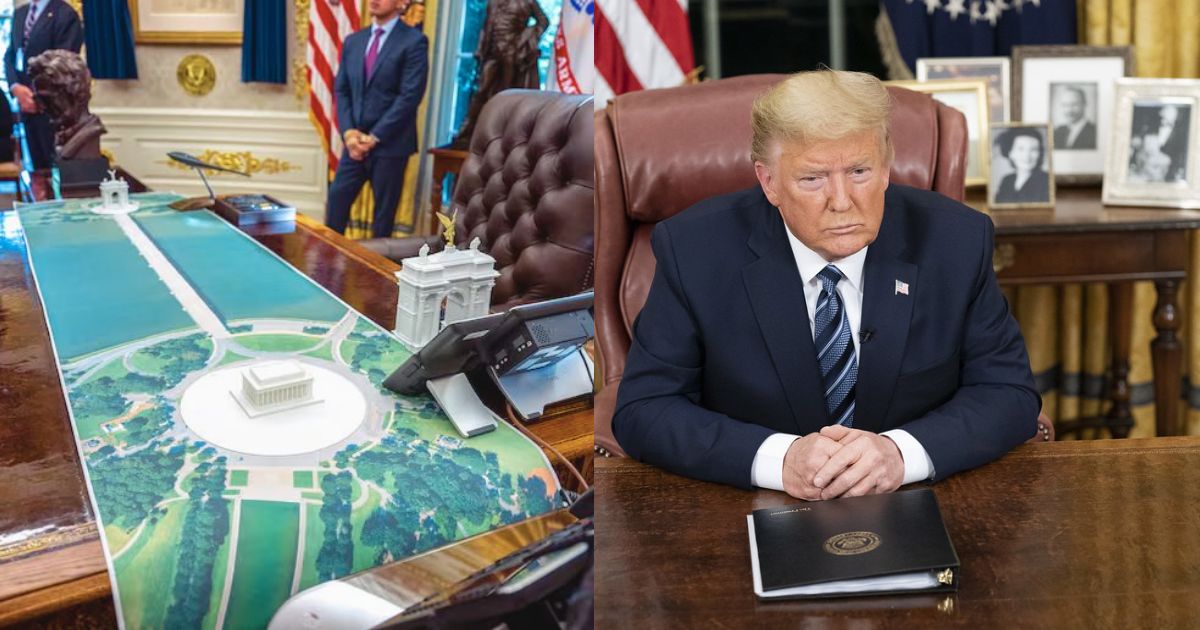A legal analyst has warned that the arrest of a Chicago TV producer by U.S. Customs and Border Protection (CBP) agents on Friday could have been a direct violation of a recent court order in the city.
Debbie Brockman, a producer for Chicago television station WGN-TV, was apprehended by border patrol agents in a residential area of the city on Friday.
The Department of Homeland Security (DHS) confirmed her arrest in a statement to Newsweek stating that she “was placed under arrest for assault on a federal law enforcement officer.” As did WGN though it mentioned Immigration and Customs Enforcement (ICE) instead. WGN added no charges were filed were filed against Brockman.
For the senior writer covering the courts for Slate, Mark Joseph Stern, her arrest “appears to be in direct violation of a temporary restraining order prohibiting DHS officers from arresting journalists.” The officers who arrested, he wrote on Bluesky, “may well be subject to contempt of court.”
Why It Matters
Immigration agents, under the direction of the Donald Trump administration, have been scouring the streets of Chicago for illegal immigrants to deport, sparking protests across the city.
On Thursday, a federal judge in Chicago issued a temporary restraining order banning federal agents from using riot control weapons and other force against protesters and journalists covering demonstrations, who are not posing a threat to law enforcement.
The order from District Judge Sara Ellis also forbids agents from arresting, threatening to arrest, or deploying physical force against journalists unless they have established probable cause that they have committed a crime.
What To Know
Videos circulating on social media show a woman, who later identifies herself as Debbie Brockman, being held to the ground by masked officers before being handcuffed and loaded into a silver van. In some of the videos, onlookers can be heard calling the agents “fascists” and telling them to “get out of our neighborhood, get out of our city”.
According to what witnesses told WGN, another person had been arrested in the Lincoln’s Square neighborhood before the journalist and was already in the federal agents’ van when Brockman was put into it. Residents said that immigration agents seemed to be targeting men working on a nearby property. Brockman, according to her employer, is a U.S. citizen.
Stern shared on Bluesky a screenshot of the temporary restraining order’s text, which reads: “It is hereby ORDERED that Defendants, their officers, agents, assigns and all other persons acting in concert with them (hereafter referred to as ‘Federal Agents’), are temporarily EN/joined in this judicial district from: a. Dispersing, arresting, threatening to arrest, threatening or using physical force against any person who they know or reasonably should know is a journalist, unless defendants have probable cause to believe that the individual has committed a crime.”
At time of writing, Newsweek has found no video evidence, released by the DHS or other sources, showing Brockman assaulting federal agents.
What People Are Saying
Tricia McLaughlin, who oversees the DHS’s public outreach, said of the arrest in a statement provided to Newsweek: “U.S. border patrol was conducting immigration enforcement operations and when several violent agitators used their vehicles to block in agents in an effort to impede and assault federal officers.
“In fear of public safety and of law enforcement, officers used their service vehicle to strike a suspect’s vehicle and create an opening. As agents were driving, Deborah Brockman, a US citizen, threw objects at border patrol’s car, and she was placed under arrest for assault on a federal law enforcement officer.
“This incident is not isolated and reflects a growing and dangerous trend of illegal aliens violently resisting arrest and agitators and criminals ramming cars into our law enforcement officers. These attacks highlight the dangers our law enforcement officers face daily—all while receiving no pay thanks to the Democrats’ government shutdown.”
In a statement to Newsweek, WGN said: “A WGN-TV creative services employee was detained by ICE. She has since been released, and no charges were filed against her. Out of respect for her privacy, we will have no further statements about this incident.”
Josh Thomas, a resident of the area where Brockman was arrested, the Lincoln’s Square neighborhood, told WGN: “I heard yelling and screaming and honking. I ran downstairs to see what was going on. It looked like Border Patrol agents in a minivan had slammed some lady to the ground. And so, I ran up to her and asked her for her name. She said she was a WGN employee.”
Resident Giordana Mahn told WGN: “I’m scared for my community. I’m scared for anyone who is Black or brown. You’ll see in the video, the [WGN employee] wasn’t Black or brown […] they are terrorizing anyone. Everyone in Chicago.”
What Happens Next
According to WGN, Brockman was released from federal custody at 3 p.m. on Friday, local time, and no charges were filed against her. As of 6 p.m. on Friday, the TV station said, a spokesman for the U.S. Attorney in Chicago had confirmed no charges had been filed in Brockman’s case.









